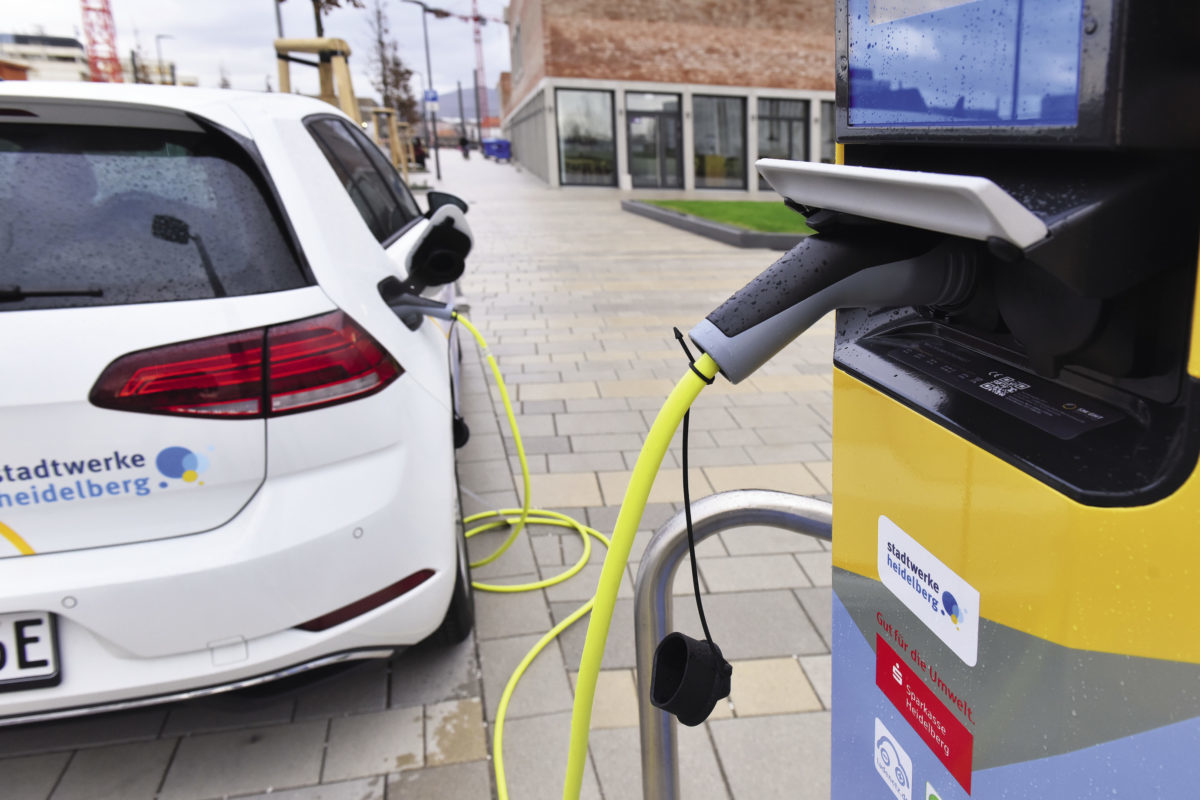The Department of Heavy Industries has sanctioned 2636 charging stations in 62 cities across 24 States/union territories under the second phase of FAME India (Faster Adoption and Manufacturing of Electric Vehicles in India) scheme.
As many as 317 EV charging stations have been allotted in Maharashtra, 266 in Andhra Pradesh, 256 in Tamil Nadu, 228 in Gujarat, 205 in Rajasthan, 207 in Uttar Pradesh, 172 in Karnataka, 159 in Madhya Pradesh, 141 in West Bengal, 138 in Telangana, 131 in Kerala, 72 in Delhi, 70 in Chandigarh, 50 in Haryana, 40 in Meghalaya, 37 in Bihar, 29 in Sikkim, 25 each in Jammu & Kashmir and Chhattisgarh, 20 in Assam, 18 in Odisha and 10 each in Uttarakhand, Puducherry and Himachal Pradesh.
Out of the 2636 charging stations, 1633 charging stations will be fast charging stations and 1003 will be slow charging stations. With this, about 14,000 charging stations will be installed across the selected cities.
“The sanction letters to the selected entities will be issued in phases after ensuring the availability of land for charging stations and signing of necessary agreements with concerned partner organizations like city municipal corporations, Discoms and oil companies. Subsequently, each selected public entity is required to initiate the procurement process in a time bound manner for deployment of sanctioned charging stations”—according to data shared by the Ministry of Heavy Industries & Public Enterprises.
Department of Heavy Industry had invited the Expression of Interest (EoI) from million-plus cities, smart cities, State/UT capitals and cities from special category states for submission of proposal to avail incentives under FAME India Scheme Phase II for deployment of EV charging infrastructure within cities.
About 106 proposals from public/private entities for deployment of about 7000 EV charging stations were received. After evaluation of these proposals as per EoI, on the advice of Project Implementation and Sanctioning Committee the government sanctioned 2636 charging stations to 62 cities submitted by 19 public entities for 24 states.
Incentives under Phase II
Government approved Phase-I of FAME India Scheme in March, 2015 for a period of two years from April 1, 2015 to promote adoption of electrical vehicles with an aim to reduce dependency on fossil fuel and to address issues of vehicular emissions. The Scheme was extended from time to time, with the last extension allowed till March 31, 2019.
The second phase of FAME India Scheme, which spans a period of three years commencing from April 1, 2019, provides a total budgetary support of Rs100 billion.
This phase mainly focuses on supporting electrification of public and shared transportation, and aims to support (through incentives) about 7000 e-buses, 500,000 electric three-wheelers (e-3W), 55,000 electric four-wheeler (e-4W) passenger cars and one million electric two-wheelers (e-2W). In addition, creation of charging infrastructure will be supported to address range anxiety among users of electric vehicles.
Minister of Heavy Industries & Public Enterprises, Prakash Javadekar said that in future at least one charging station will be available in most of the selected cities in a 4×4 km2 grid. He said it will boost the confidence of electric vehicle users and also encourage the original equipment manufacturers to launch new electric vehicle models.
This content is protected by copyright and may not be reused. If you want to cooperate with us and would like to reuse some of our content, please contact: editors@pv-magazine.com.









By submitting this form you agree to pv magazine using your data for the purposes of publishing your comment.
Your personal data will only be disclosed or otherwise transmitted to third parties for the purposes of spam filtering or if this is necessary for technical maintenance of the website. Any other transfer to third parties will not take place unless this is justified on the basis of applicable data protection regulations or if pv magazine is legally obliged to do so.
You may revoke this consent at any time with effect for the future, in which case your personal data will be deleted immediately. Otherwise, your data will be deleted if pv magazine has processed your request or the purpose of data storage is fulfilled.
Further information on data privacy can be found in our Data Protection Policy.